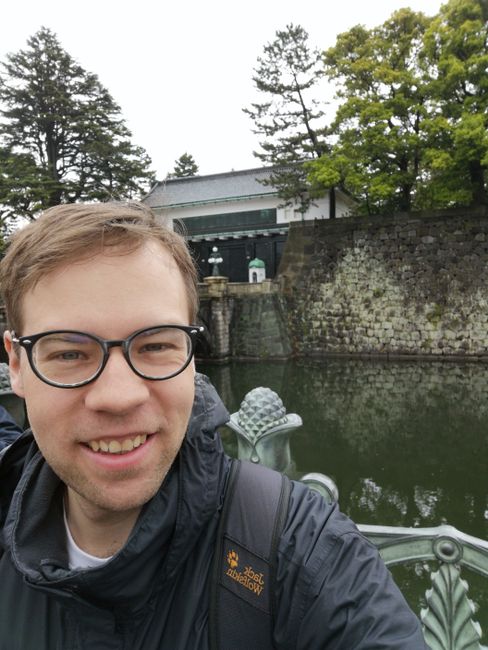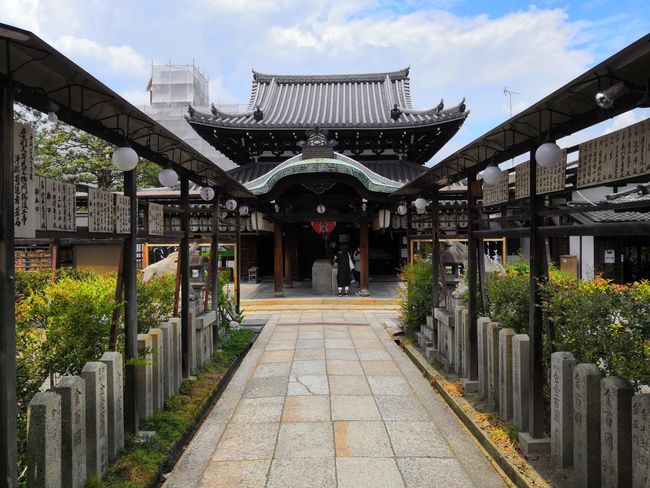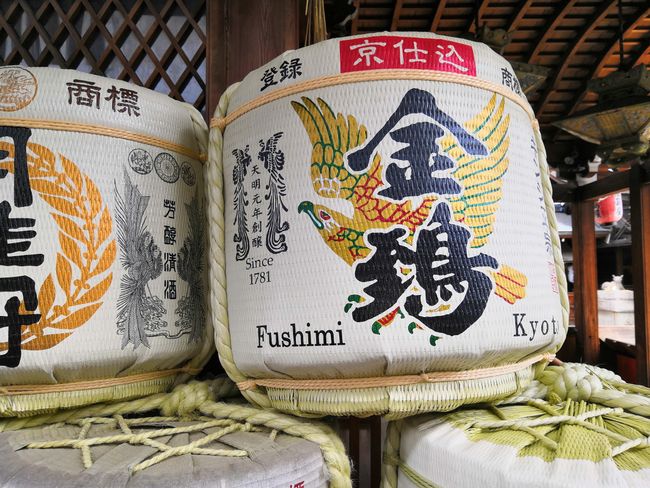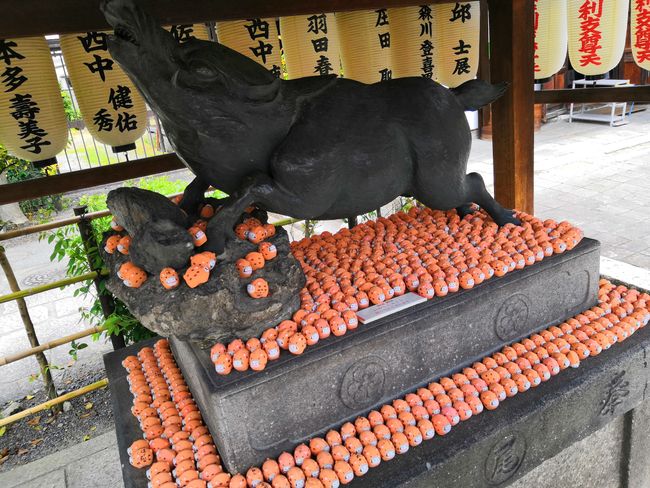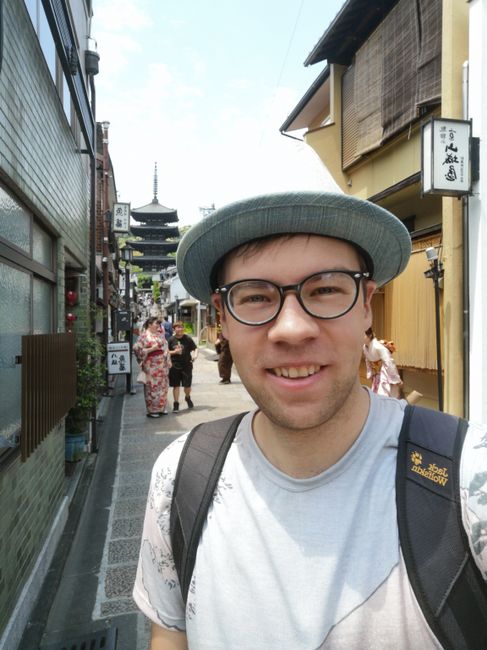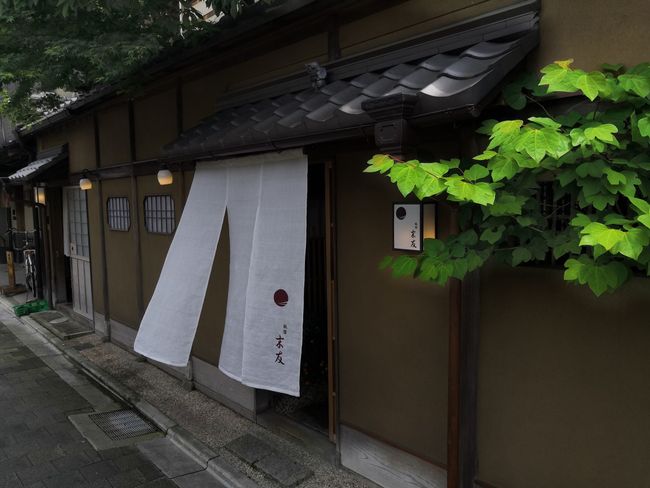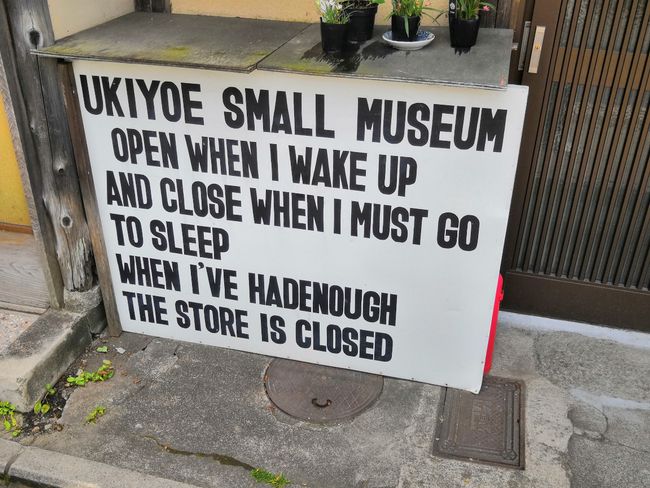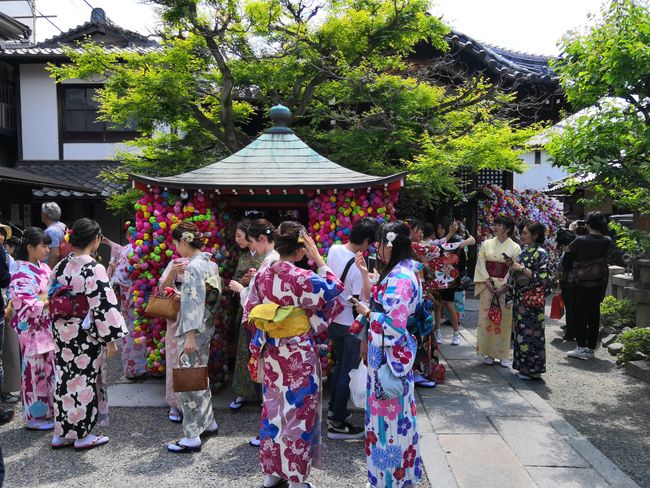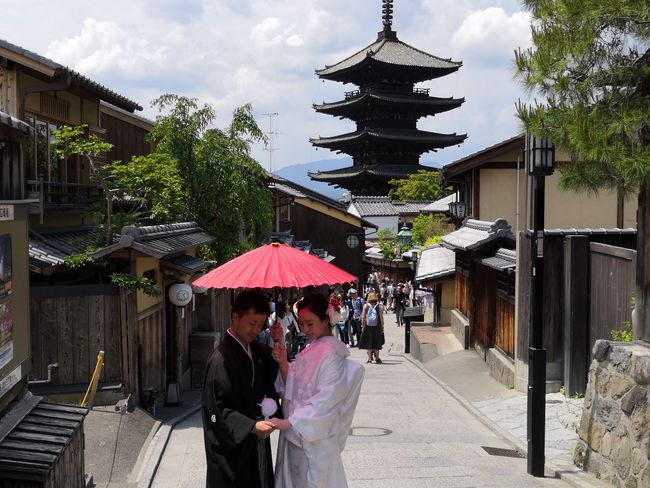6.5.19 The Real Kyoto
نشرت: 06.05.2019
What's on the agenda today? Today we're going to kiyomizu-dera, which has been on the UNESCO World Heritage List since 1994, and the name really lives up to its meaning. Kiyomizu means pure water, which is derived from the associated waterfall. It's a Buddhist center with various facilities, and I'm going there again today to enjoy them. My tour guide also mentions a saying about kiyomizu-dera. If you climb Kiyomizu and carry something with you, contemplating on something, then you should jump off the terrace of Kiyomizu. This is probably meant to encourage making a decision, taking a leap. Well, the trees under the terrace would definitely cushion the fall, but it doesn't have to come to that ;).
I'm really looking forward to enjoying the beautiful view over Kyoto, despite the slightly cloudy weather. After that, it depends on how much time I have left and whether I go to the Imperial Palace or directly to the swimming pool. I'm also looking forward to that. Yesterday at midnight, Golden Week ended, and you can really feel it. The streets are emptier now, and you only notice the tourists directly in front of the castles, shrines, or attractions. That's also nice because now you have more time to examine the individual details closely. Today, it seems to be trendy here in Kyoto to walk around in a Kimono, and many women and few men take this opportunity to wear this traditional attire. Does it fit better here in a place that has so many shrines and temples like Kyoto? I also notice more and more often that I can leave the maps at the hotel because I can orient myself very well by the crowds of people. After that, I went to the swimming pool in Kyoto, and I noticed something that I had already noticed at various buildings in Tokyo. There are warning signs everywhere, and there are many people standing around making sure that no one falls or does anything wrong, and there are many signs to ensure that nothing happens to anyone. After changing at the swimming pool, I wanted to swim a few laps, but I didn't take into account the Japanese safety thinking. I entered the pool, and immediately two swimmers came up to me and made a gesture at my head. Of course, I thought I had injured my head or had something on my head. No, I didn't have anything on my head, and that was the problem. Every Japanese person has to wear a swimming cap when they go to the pool, which, of course, I didn't bring or have at all. I then asked if I could rent or borrow one, but they didn't understand. Then I asked if I could swim like that, no, unfortunately not, I had to wear a swimming cap. Eventually, the lifeguard came and gave me his cap, which I thought was really nice. Then I was allowed to swim, and it was a lot of fun, although the water was even more chlorinated than ours. After that, it started pouring rain, and of course, I didn't have an umbrella with me. But here at the hotel, I was able to shower again, so now I'm warm again. I'm going to the cinema again to watch the new Detective Conan.
إجابة (1)
Marvin
Als ich ein Kind war, mussten in Deutschland auch alle Leute im Schwimmbad eine Bademütze aufziehen. Merkwürdig, dass das in Japan immer noch so ist.
